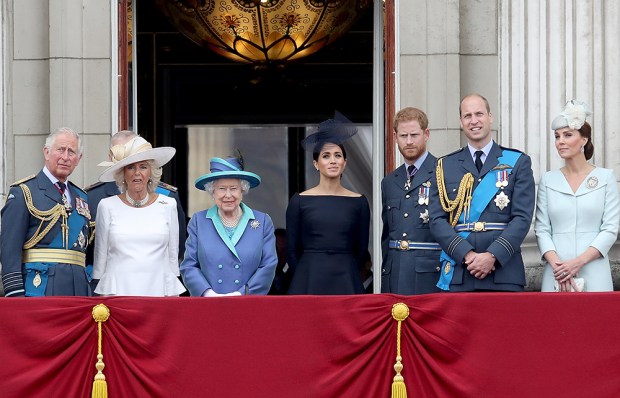So Cambridge University has accepted £4 million from the makers of Lego (snort) to fund a Lego chair (Argos sells a kit at £8.99) and a research centre into the importance of play (titter). One must not laugh (shriek). Aristotle (384–322 bc) might have approved — in part.
At the start of his ground-breaking treatise on animal form and function, Aristotle pointed out that there was something marvellous in every aspect of the natural world. He concluded that ‘we must not recoil childishly from the examination of the humbler animals… just as Heraclitus is said to have spoken to visitors who hesitated to go in when they saw him warming himself by the fire in the kitchen, telling them not to be afraid to enter, since there were gods there too, so we should approach the study of every kind of animal without distaste; for in all of them we will find something natural and something beautiful.’
So Aristotle would have not have recommended ‘recoiling childishly’ from something as trivial-sounding as research funded by a toymaker into playing, even in a university whose affiliates have won more Nobel prizes than any other institution. But he would have found the purpose of the aim — ‘to make children’s lives better and communities stronger’ — unintelligible.
Like most ancients, Aristotle took the view that there was nothing precious or sacred about children: irrational beings, the sooner they grew up to become adults, physically and mentally, the better. But for Aristotle adults were more than the sum of their practical functions. All men, he argued, aimed at eudaimonia (‘well-being’) — not temporary, subjective happy feelings, but a moral activity of the intellect (the divine element in us). Of this children knew nothing; so their play should develop the use of their brain for moral ends.
One doubts the occupant of the Lego chair will agree. But arguably the Lego scheme to ‘make their lives better’ through play will merely reinforce their childishness, and so weaken communities and do nothing for their long-term eudaimonia.
Got something to add? Join the discussion and comment below.
Get 10 issues for just $10
Subscribe to The Spectator Australia today for the next 10 magazine issues, plus full online access, for just $10.
You might disagree with half of it, but you’ll enjoy reading all of it. Try your first month for free, then just $2 a week for the remainder of your first year.













Comments
Don't miss out
Join the conversation with other Spectator Australia readers. Subscribe to leave a comment.
SUBSCRIBEAlready a subscriber? Log in